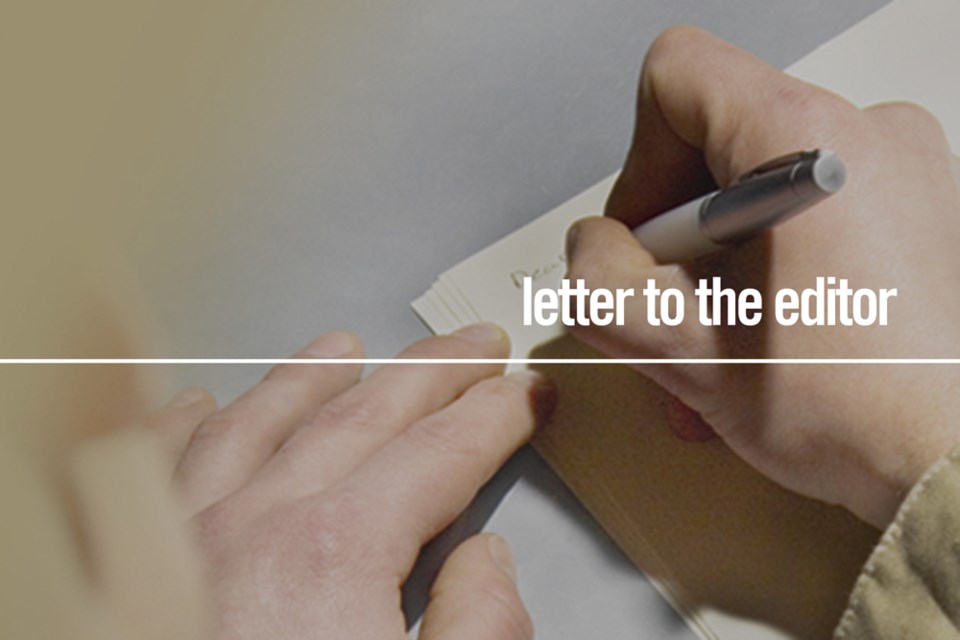The last thing I would wish to do is offend the sensibilities of people like Nancy Boyko ("Inhumane health measures break my heart," Sept. 23 Gazette), who presents as a very sensitive person intent on preserving human values and “our humanity” which she feels is threatened by the imposition of safety procedures against the spread of COVID-19.
The health measures “that make no sense to (her) heart” were also very lightly taken by the U.S. government, who seem to have shared her opinions – albeit for entirely different reasons – and as a result the U.S. has the highest per capita deaths from COVID-19 in the entire world, although others come close.
This “low risk” virus has killed over 200,000 Americans, and some experts project a doubling of that figure by the end of this year. Hopefully, that is a gross overestimate, but is it "human” or "humane” to so blithely take that chance? Over one million have died from this virus around the world so far.
I don’t wish to offend Nancy Boyko, but perhaps she should reconsider what “humanity” amounts to. As important and human as social life is, it is after all predicated on “life” itself. How does she think the people affected by the million dead feel about it, and they likely comprise at least ten millions, including relatives, friends and neighbours?
We human beings are at a physical disadvantage compared with most other animals. But we were given both a sense of humanity and intelligence. The willingness to take unnecessary chances on human well-being and lives because it is uncomfortable, inconvenient or a reminder of our vulnerability, is an offence to and negation of both aspects of our nature.
Doris Wrench Eisler, St. Albert


